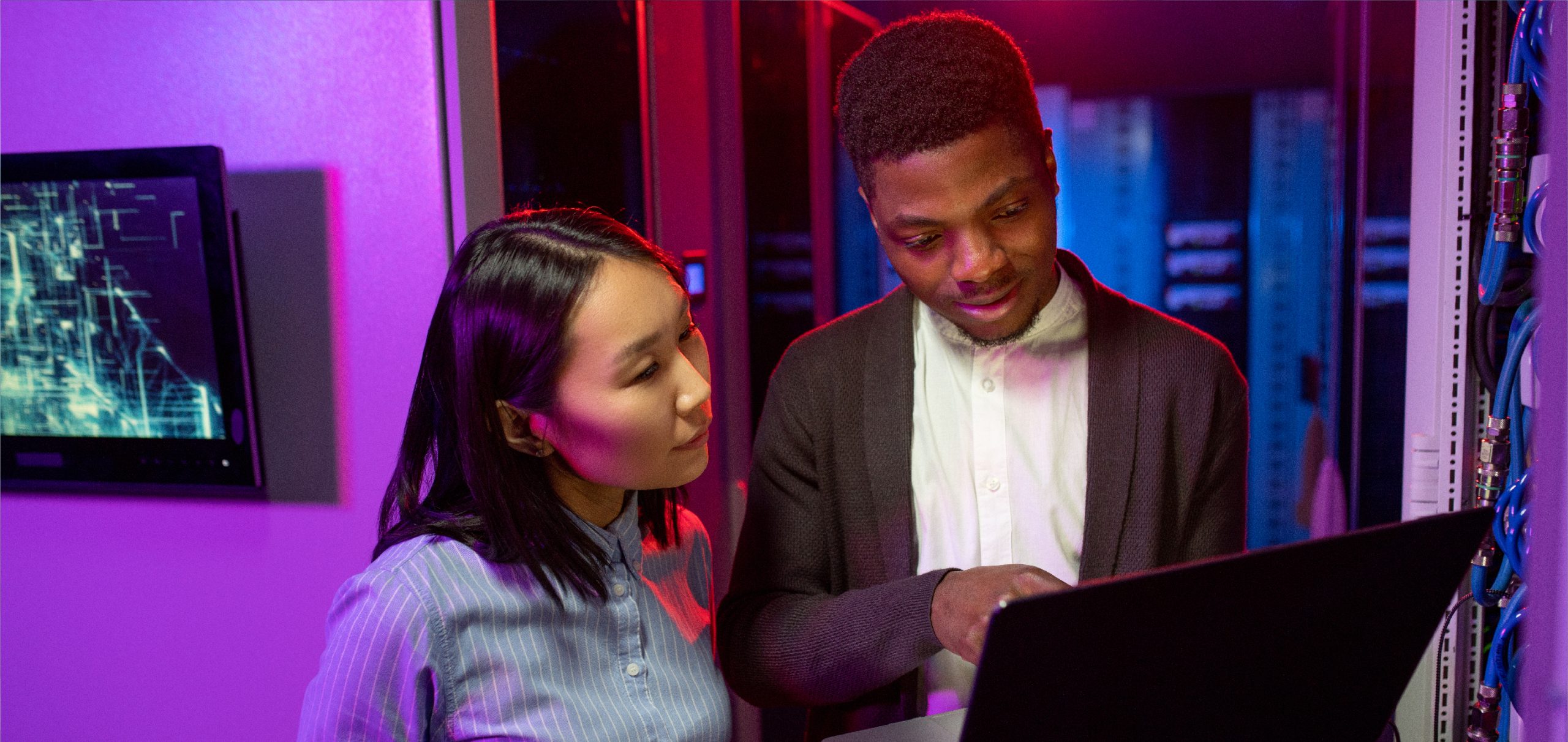6 Trends in Agency Web Development You Need to Know

The way we design and build websites is always changing. Every year, new tools, new styles, and new needs shape how agencies create digital experiences. If you are a business owner or someone who wants to keep up with modern web solutions, you should know the latest trends.
Today, agency web development is not just about building a nice-looking site. It’s about creating a full experience—fast, smooth, mobile-friendly, and focused on users. In this post, we’ll look at six key trends that are shaping agency web development right now.
1. AI and Automation in Web Development
Artificial intelligence (AI) has made its way into almost every industry, and web development is no different. Agencies are using AI tools to make the process faster and smarter.
For example, AI can help design layouts, suggest color themes, or even write simple code. Chatbots powered by AI can answer customer questions directly on the site. Automation also makes testing easier. Instead of spending hours checking every page, tools can run tests in seconds.
This doesn’t mean developers are being replaced. Instead, AI helps them focus on creativity and problem-solving. Agencies that adopt AI can deliver faster results while still keeping high quality.
2. Mobile-First Development
More than half of web traffic comes from mobile devices. That’s why agencies no longer design for desktop first. They design for mobile first.
This means every part of a website must look and work perfectly on a phone screen. From menus to buttons to images, everything should be simple to use with a thumb. Speed is also a big factor. Mobile users leave quickly if a site takes too long to load.
Agencies are now using responsive frameworks, lightweight images, and clean code to make sites load fast and look good across all screen sizes. Businesses that ignore mobile-first design risk losing a large part of their audience.
3. Headless CMS and Decoupled Architecture
Content management systems (CMS) like WordPress are popular, but agencies are moving toward headless CMS. This is a setup where the front-end and back-end are separate.
Why is this trending? Because it gives more freedom. Developers can use modern frameworks like React or Vue to design the front-end while still managing content from a CMS. It also improves performance since content can be delivered faster to different devices.
Headless CMS is great for businesses that need flexibility. If you want your content to show on a website, an app, or even a digital billboard, a headless setup makes it easier. Agencies are using this approach to give businesses more control and scalability.
4. Accessibility and Inclusive Design
A good website should work for everyone, including people with disabilities. Agency web development today puts more focus on accessibility. This means designing websites that can be used with screen readers, adding captions to videos, and making sure colors have enough contrast.
Inclusive design is not just about following rules. It’s about making sure everyone has the same chance to use a site. For example, a person with limited vision should be able to buy products online without any trouble.
Agencies that care about accessibility build trust. They also help businesses reach more people. In some countries, accessibility is even a legal requirement. That makes it not just a trend but a responsibility.
5. Performance and Core Web Vitals
Google pays close attention to how websites perform. That’s where Core Web Vitals come in. These are three key metrics: loading speed, interactivity, and visual stability. Agencies know that if a site doesn’t score well here, it can hurt search rankings.
Performance also affects user experience. A slow website means frustrated visitors. People expect pages to load in seconds. Agencies are optimizing code, compressing images, and using better hosting to meet these standards.
This trend will only grow stronger. Businesses that invest in fast, smooth websites not only please Google but also keep more customers.
6. Personalization and User-Centered Design
People don’t want a generic online experience anymore. They want something personal. Agencies are using data and smart design to deliver just that.
For example, an online store might show different products depending on what a visitor has looked at before. A service site might display local contact details based on the visitor’s location. Even small touches like remembering a user’s preferences make a big difference.
User-centered design goes beyond personalization. It’s about listening to what people want and designing with them in mind. Agencies are testing layouts, checking heatmaps, and gathering feedback to make sites more effective.
Why These Trends Matter
The digital world is moving fast. Businesses that don’t keep up risk being left behind. These trends in agency web development are not just buzzwords—they are real changes in how people interact with websites.
If you are hiring an agency, ask them how they use these trends. Do they design mobile-first? Do they care about accessibility? Are they ready to use modern tools like headless CMS? The right agency will always be thinking ahead.
FAQs about Agency Web Development
1. What does an agency web development team do?
They design, build, and manage websites for businesses. This can include everything from coding and design to SEO and performance optimization.
2. Why should I hire an agency instead of a freelancer?
An agency usually has a full team with different skills. That means you get experts in design, development, SEO, and strategy working together.
3. How long does it take to build a website with an agency?
It depends on the project. A simple site may take a few weeks. A complex e-commerce site can take months. The good thing is agencies often have systems to speed up the process.
4. How do I know if an agency is right for my business?
Look at their past work. Check reviews and ask about their process. A good agency will listen to your needs and explain things in simple terms.
5. What’s the future of agency web development?
The future will be even more focused on speed, personalization, and new technology like AI. Agencies will keep finding ways to make websites smarter, faster, and more user-friendly.
Final Thoughts
Web development is no longer just about having an online presence. It’s about building digital experiences that connect with people. Agencies are leading this change by using the latest tools, focusing on users, and creating websites that deliver real results.
If you want your business to stand out, keep these six trends in mind. The right agency can help you build a site that not only looks good but also works well, reaches more people, and supports your growth.



